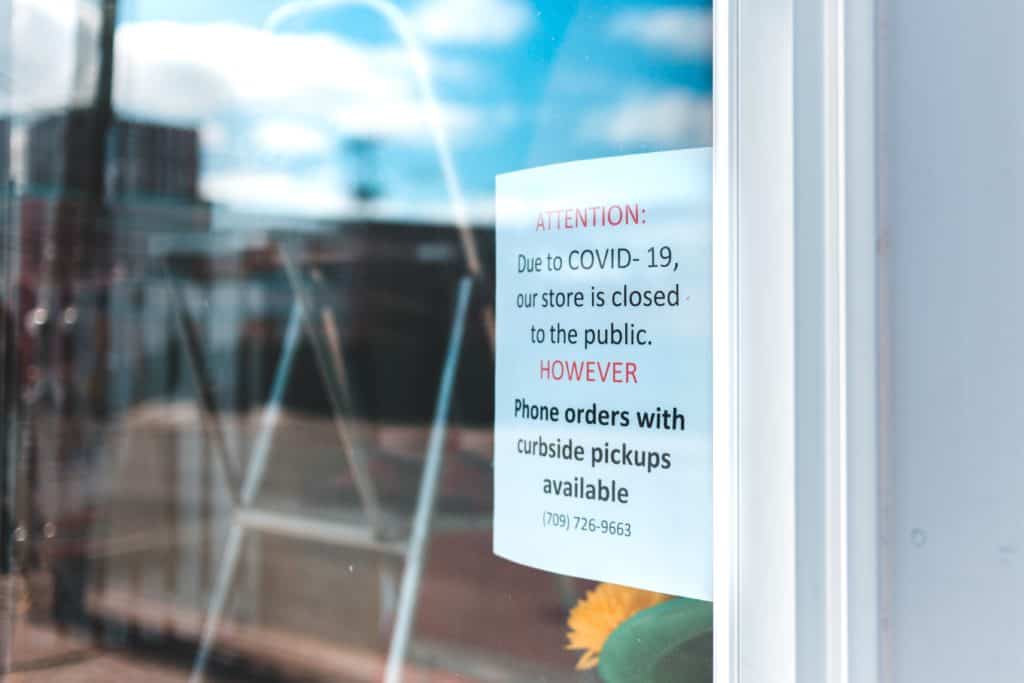The government’s emergency spending to help businesses stay afloat isn’t enough to save the economy. Businesses need credit to manage day-to-day operations and to grow – and business lending from banks has dried up during the pandemic. If it doesn’t resume quickly, we’ll likely face a long and deep recession.
The stay at home orders issued by governments to help flatten the curve against COVID-19 brought the economy to a standstill by closing most businesses even if only for a short time. Congress recognized that closing businesses would result in an increase in unemployment and the potential for many businesses to never recover from this kind of disruption. Congress’s answer to Main Street was the creation of the Paycheck Protection Program (PPP).
The Paycheck Protection Program has made about $659 billion available as forgivable loans to businesses. The first round of PPP funding was fraught with problems, and ultimately proved to not be enough for the enormous need, nor was it equally accessible to all businesses. A second round of funding is almost exhausted and we still have no idea when it will be safe for many businesses to reopen, or open at full capacity. For many businesses, customers may choose not to return until the virus is gone or at least under more control.
On the first day of the second round of PPP funding, the National Community Reinvestment Coalition started conducting small business matched-pair fair lending tests of financial institutions. The tests were conducted through phone calls to banks. Testers inquired about the availability of business loans to help their business get by during this time. This testing was a continuation of the work that we have been performing for the past three years.
Initial feedback revealed that 8 out of 17 financial institutions tested informed at least one of our testers that they were only making PPP loans, and that they were not providing any other sources of capital during this time. The testers also were not told when these other lending products would become available again. One bank even said that they were not accepting new applications for PPP loans as they were still trying to process applicants from the first round of funding. This test occurred on May 1, five days after the second round had started.
As the COVID-19 pandemic disrupts our system of credit, banks have stopped offering critical loan products as they predict the largest drop in the GDP since the Great Depression. Just as it did in the weeks and months leading up to the Great Recession, lenders are reporting that mortgage, business and commercial credit lending are showing reduced volume and stricter requirements.
PPP lending is not a replacement for traditional capital. PPP loans do not help a small business expand. Instead they provide a life preserver to help keep businesses alive until either customers return or the business can transition to be viable in this new COVID-19 world.
Many people still remember the last recession and the devastating blow it had on the U.S. economy as the housing bubble collapsed and the impact was felt in markets across the world. One of the causes of the recession was a decrease in business and commercial lending beforehand. A significant factor in the depth and length of the recession was a continuation in the tightening of the credit market.
Talk about PPP loans is causing people to believe that the market is liquid and thus we will not fall into a recession similar to what happened in 2008. But that is not the case. The current pause in lending, for even a few weeks, combined with the inability to access capital in the form of different lending products, is going to cause more small businesses to go under than initially anticipated. Businesses need long-term support to allow them to survive until a coronavirus vaccine is available. Anything less risks extending this crisis into a decade-long, generation-crippling recession.
Anneliese Lederer is NCRC’s Director of Fair Lending and Consumer Protection.
Jason Richardson is NCRC’s Director of Research & Evaluation.
Photo by Erik Mclean on Unsplash



